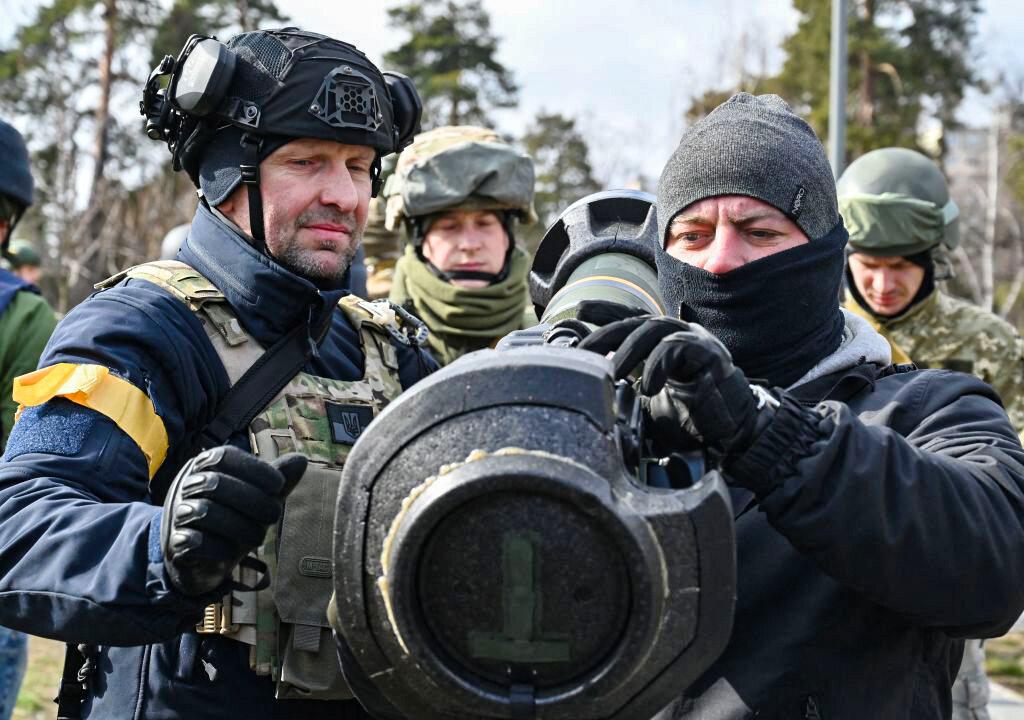British Prime Minister Boris Johnson has announced a major new package of support for Ukraine, including 6,000 more missiles, to help the country in its war against Russia.
In addition to anti-tank and high-explosive weaponry, the UK is also providing £25 million ($33 million) from the Foreign Office’s conflict security and stabilisation fund to help pay the salaries of Ukrainian soldiers and pilots.





